Zhang Jun urges efforts to prevent and resolve disputes
The Supreme People's Court (SPC) convened a symposium on Sept 20, which focused on handling suggestions made by deputies to the National People's Congress (NPC) and advancing litigation-source governance.
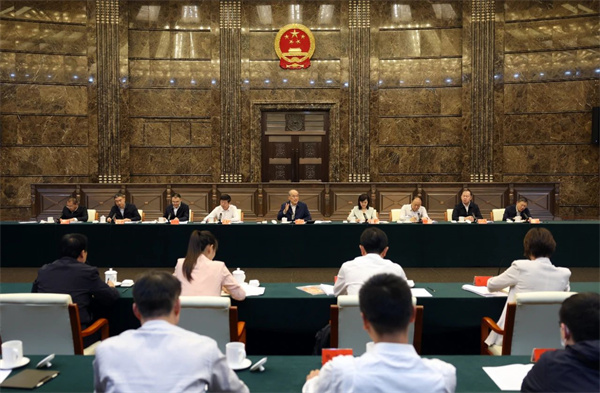
The Supreme People's Court convenes a symposium on Sept 20, focusing on handling suggestions made by deputies to the National People's Congress (and advancing litigation-source governance. [Photo/court.gov.cn]
Zhang Jun, the SPC president, emphasized the need to practice whole-process people's democracy at the meeting, and called for collaborative efforts in dispute prevention and resolution.
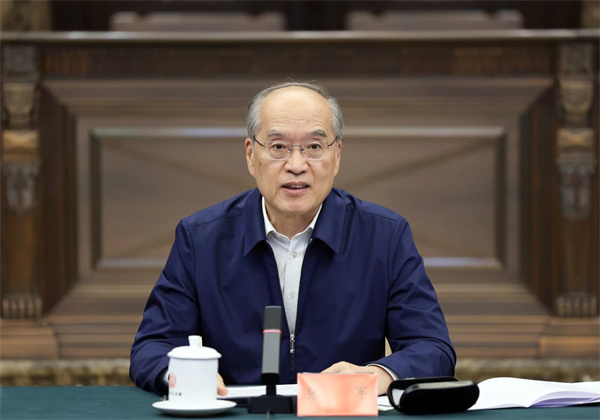
Zhang Jun, SPC president, delivers a speech at the meeting. [Photo/court.gov.cn]
The people's courts’ handling of major suggestions made by NPC deputies is a crucial way to uphold and implement the system of the people's congress and practice whole-process people's democracy.
In recent years, courts at all levels have striven to implement the decisions made by the Central Committee of the Communist Party of China (CPC) and applied the Fengqiao model in their adjudication work to facilitate the resolution of disputes at the source through diversified channels, achieving important progress.
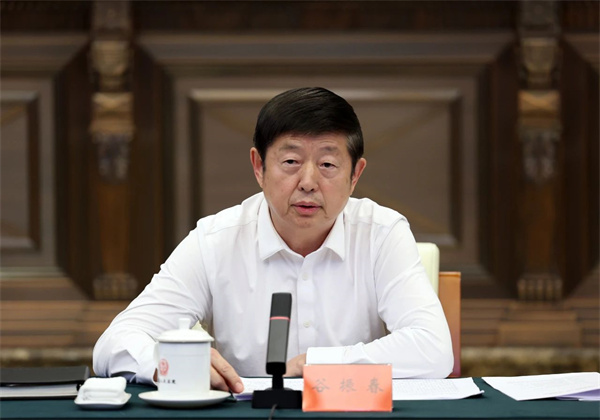
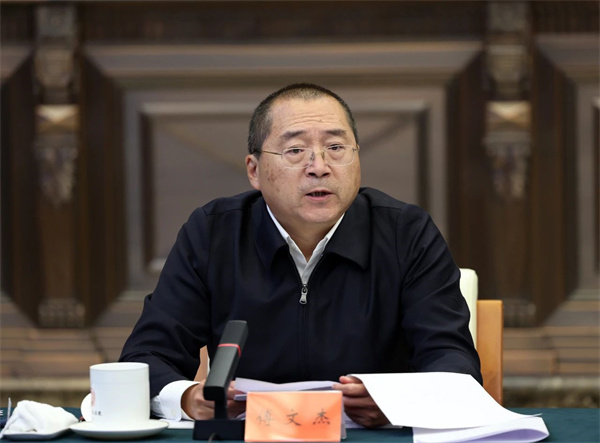
Officials from the National People's Congress (NPC), Gu Zhenchun and Fu Wenjie, attend the meeting, fully affirming the progress made by the Supreme People's Court in handling the key suggestions made by NPC deputies and presenting the work to be done in the next phase. [Photo/court.gov.cn]
At this year's NPC session in March, a number of NPC deputies expressed concerns about work related to dispute prevention and resolution, offering constructive suggestions to the NPC. Attaching great importance to the issue, the NPC listed "advancing litigation-source governance" as one of the key suggestions to be handled by the SPC, and handed over 42 pieces of related advice to the SPC.
During the symposium, Mao Zhonghua, vice-president of the SPC, briefed the attendees on progress the SPC has made in handling the suggestions.
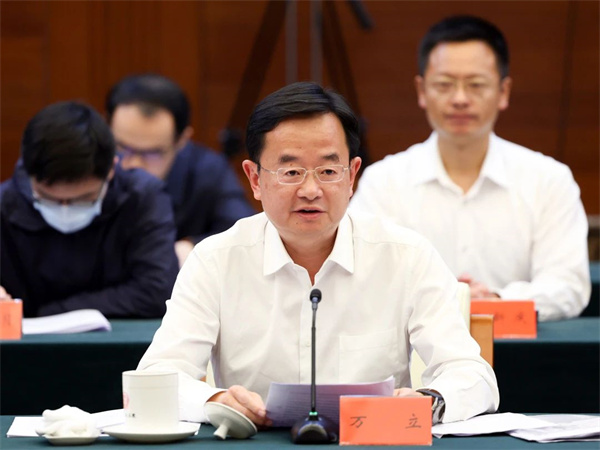
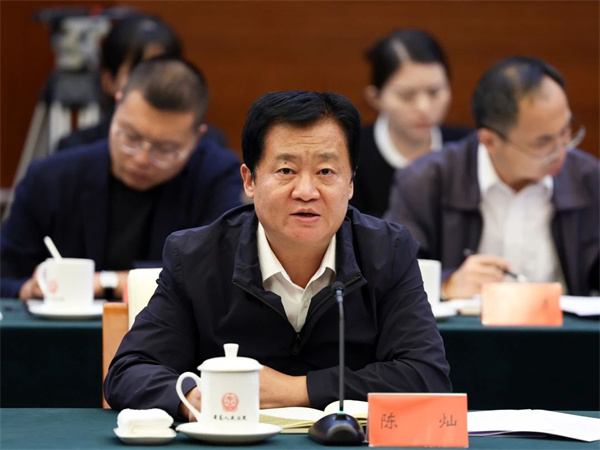
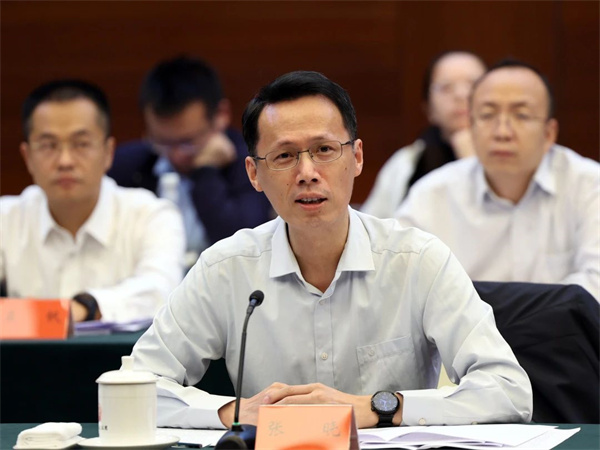

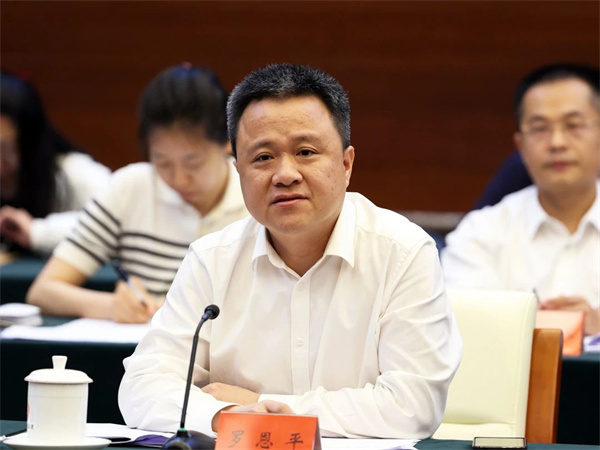
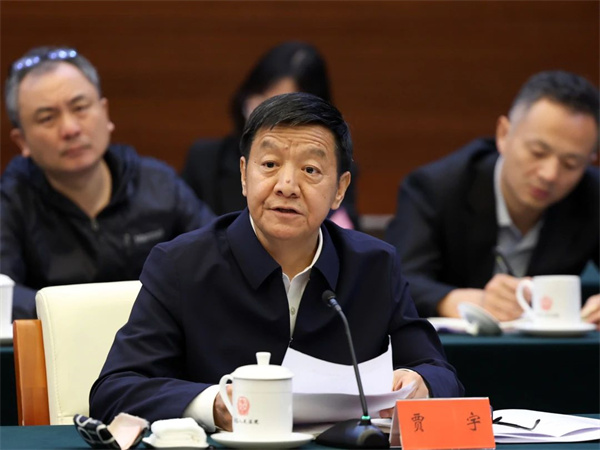
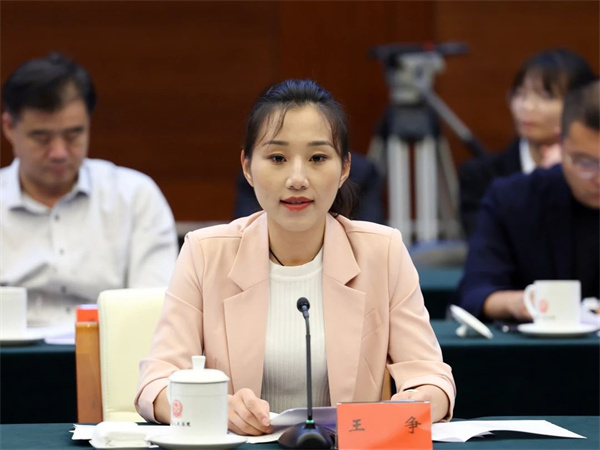
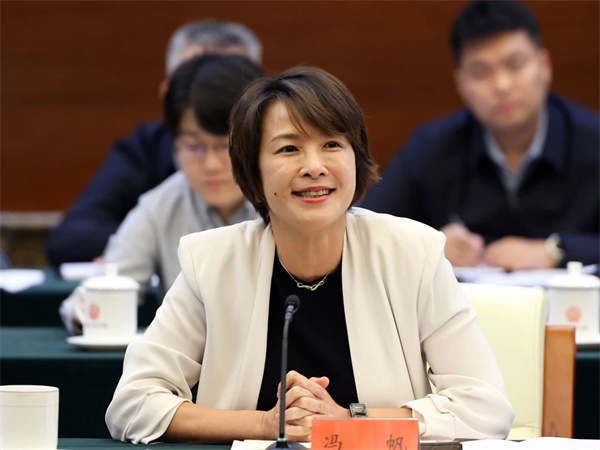
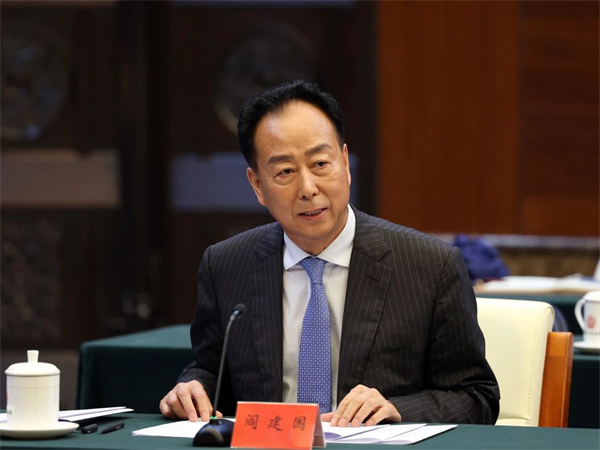

A number of NPC deputies offer insights based on their research on fulfilling their duties as lawmakers. [Photo/court.gov.cn]
Addressing the meeting, Zhang praised the ongoing efforts of the people's courts to consciously accept supervision and transform institutional advantages into governance efficiency.
He said that the SPC will, in collaboration with relevant organizations, diligently handle the suggestions put forward by NPC deputies, practice whole-process people's democracy and rally collaborative efforts in dispute prevention and resolution.
Zhang emphasized that the people's courts are the judicial authorities of the State under the absolute leadership of the CPC, and it is important for them to focus on the main responsibilities of adjudication and judgment enforcement to ensure that the people feel fairness and justice in every judicial case.
He called for upholding and developing the Fengqiao model in the new era to foster a strong collaborative force for diversified dispute resolution. The Fengqiao model first came into being in the early 1960s as an exemplary local practice in dispute settlement and was promoted nationwide for dispute settlement at grassroots level.
Zhang also urged more conscious and proactive acceptance of supervision by NPC deputies, ensuring the effective handling of key suggestions.

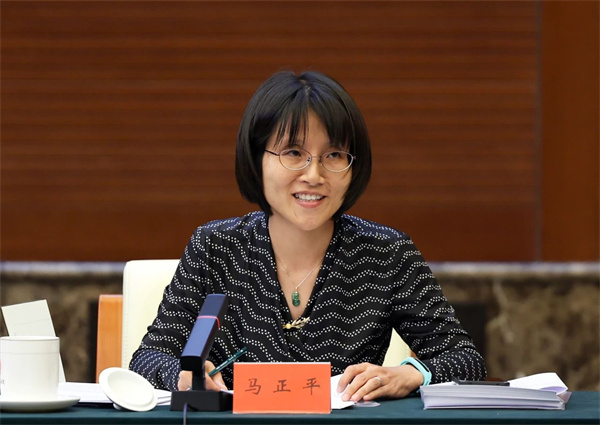
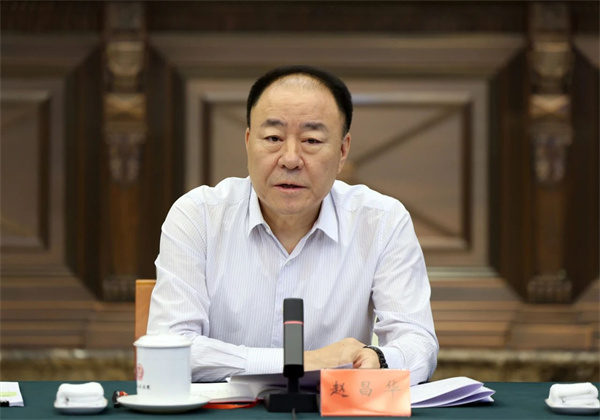
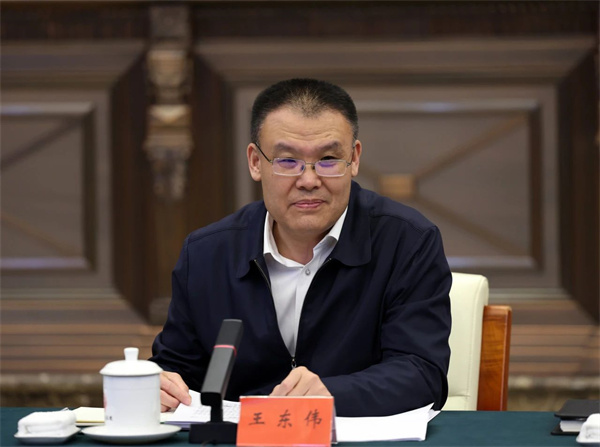
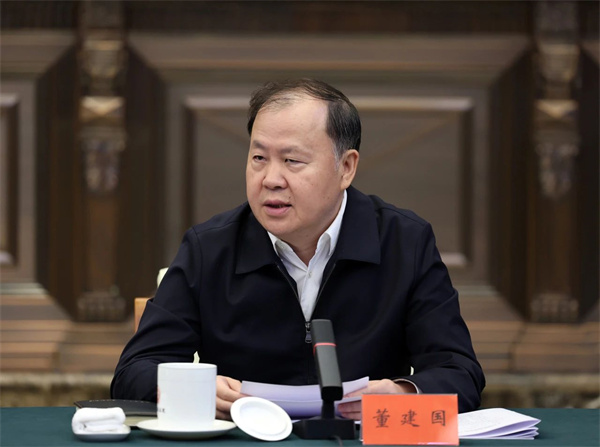
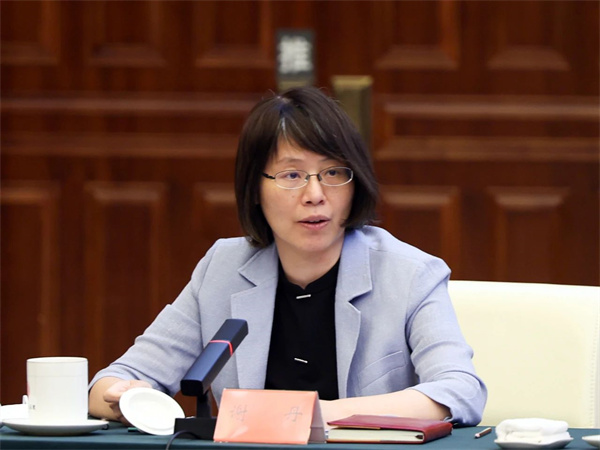
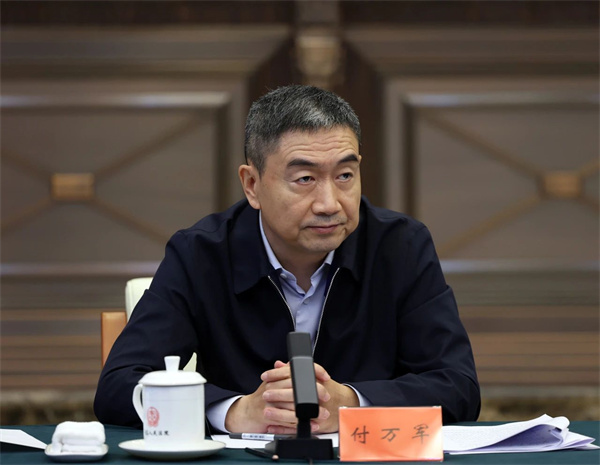
Officials from the Commission for Political and Legal Affairs of the Communist Party of China Central Committee, the National People's Congress, the Ministry of Justice, the Ministry of Finance, the Ministry of Housing and Urban-Rural Development, the People's Bank of China, and the National Financial Regulatory Administration give progress reports on handling suggestions from NPC deputies. [Photo/court.gov.cn]
The symposium underscores the commitment of the SPC to enhance efficiency in governance, uphold justice and strengthen the mechanisms for dispute prevention and resolution, in line with the principles of whole-process people's democracy and the rule of law.









